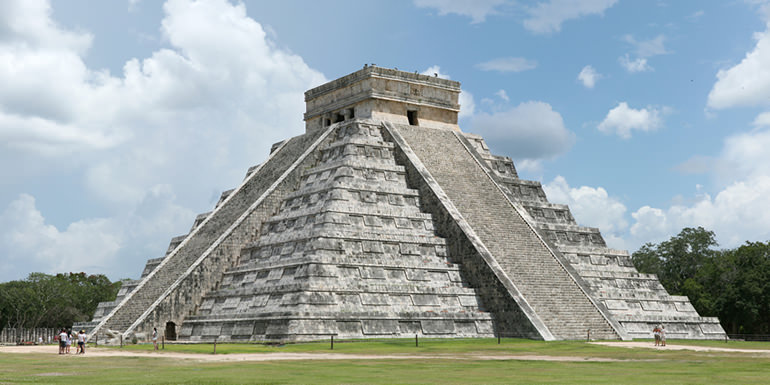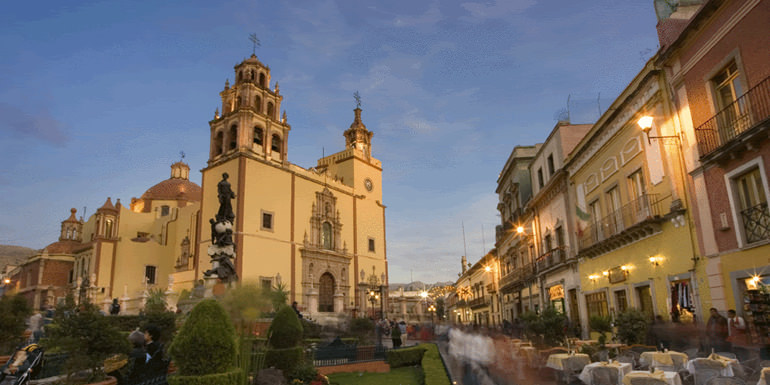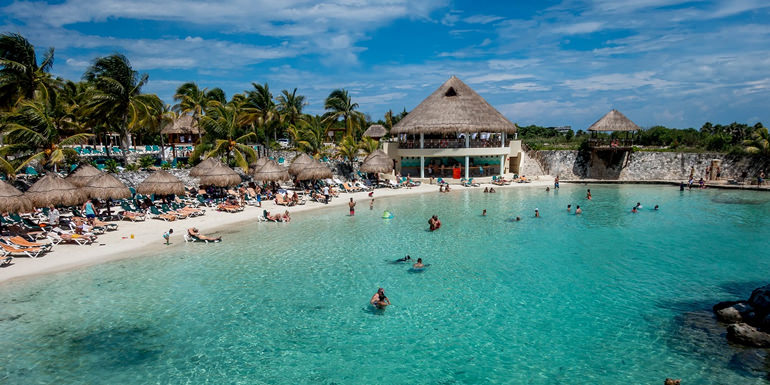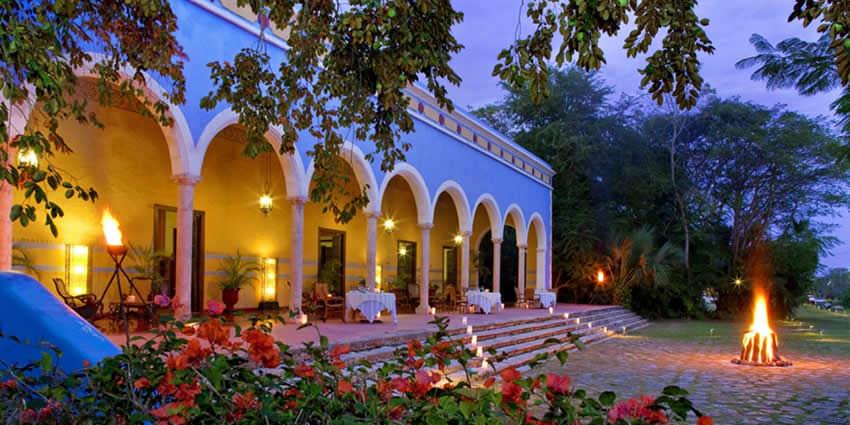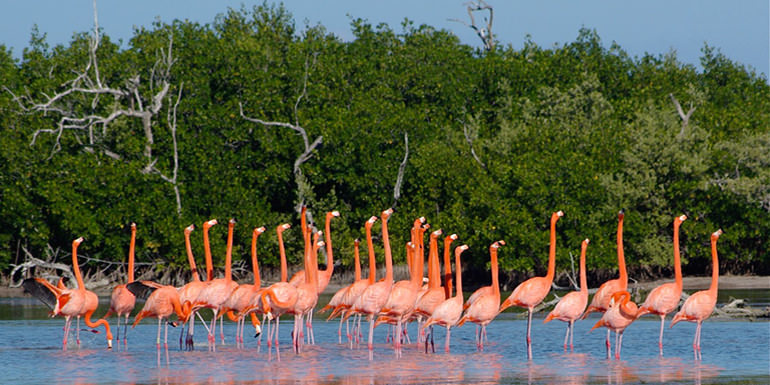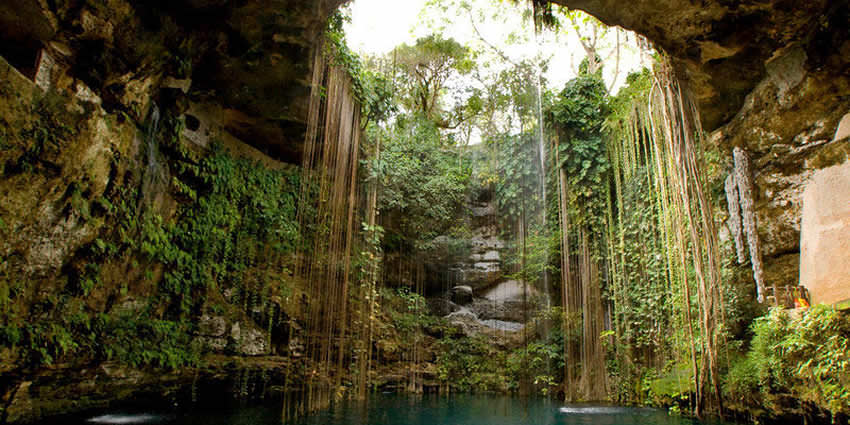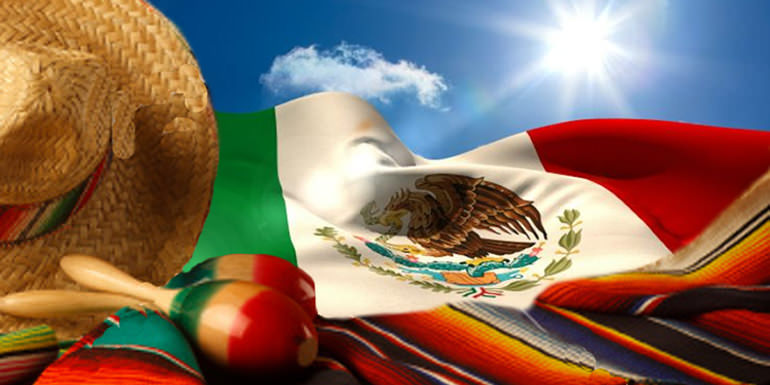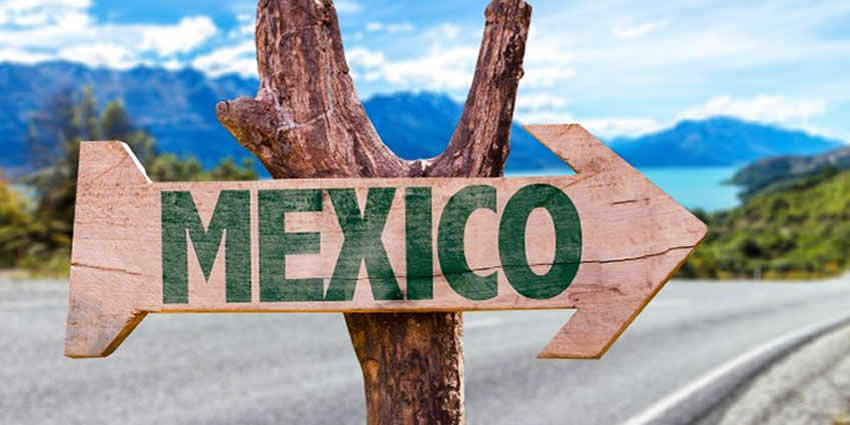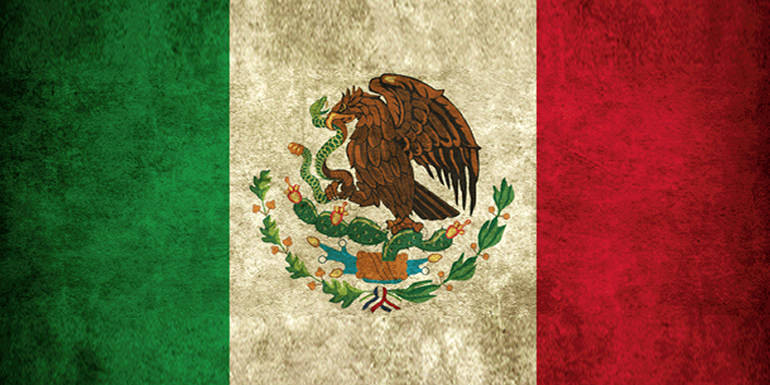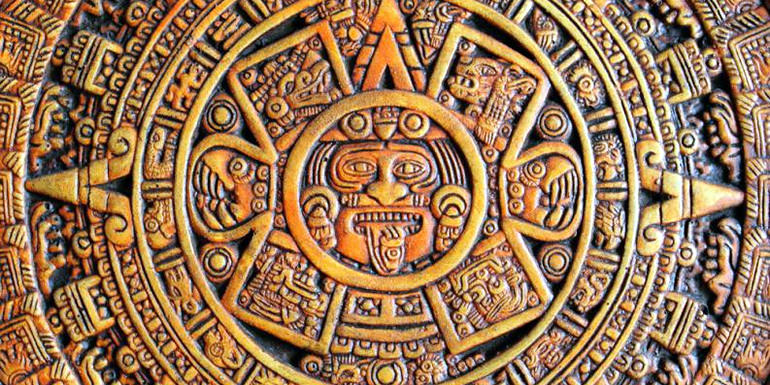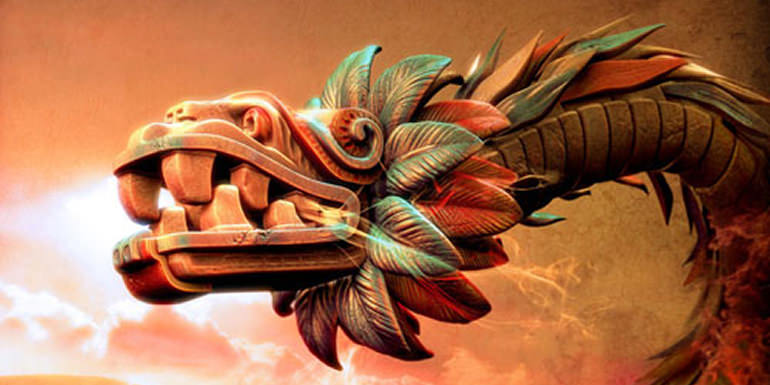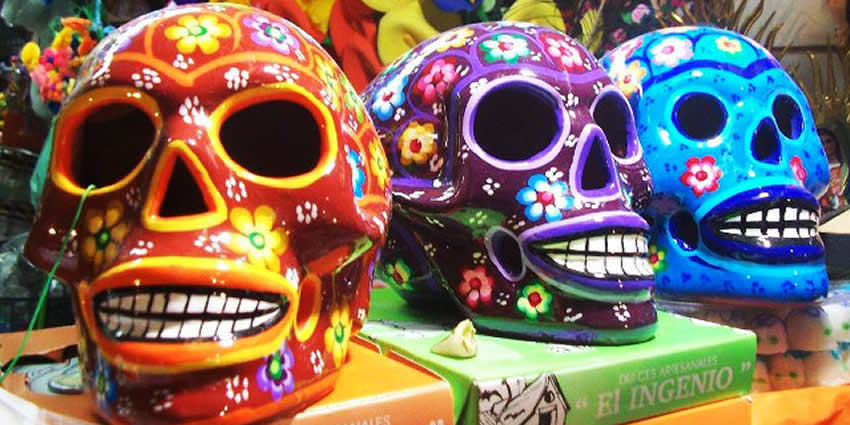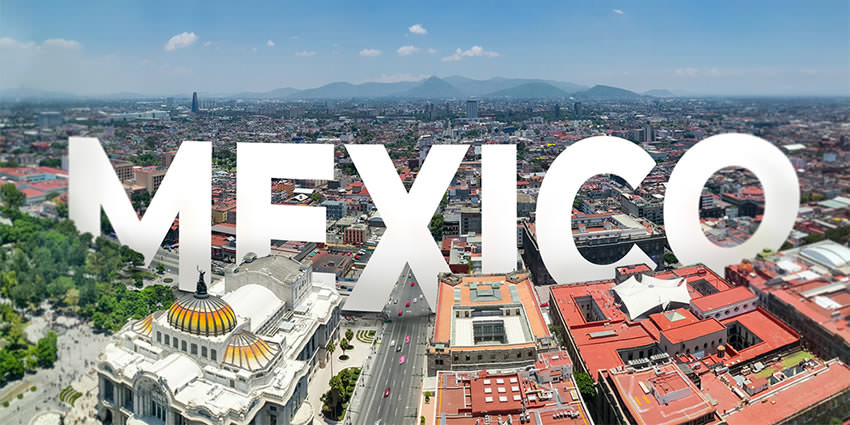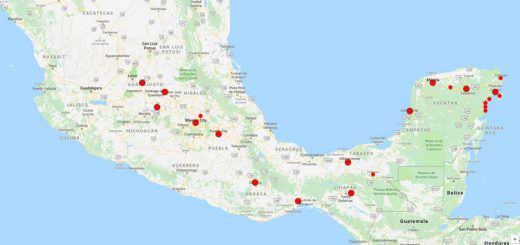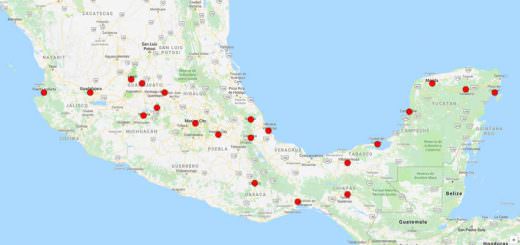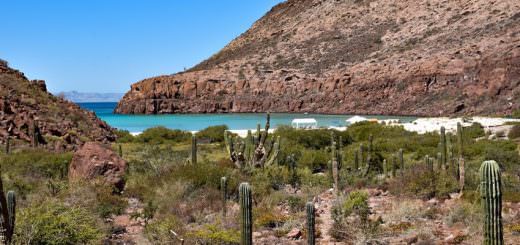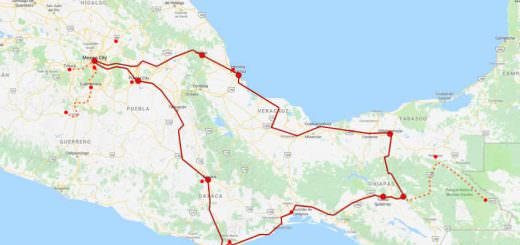La Calavera Catrina
La Calavera Catrina ('Dapper Skeleton' or 'Elegant Skull') is a 1910–1913 zinc etching by famous Mexican printmaker, cartoon illustrator, and lithographer José Guadalupe Posada. The image depicts a female skeleton dressed only in a hat befitting the upper-class outfit of a European of her time. She is offered as a satirical portrait of those Mexican natives who were aspiring to adopt European ...
Read more..
Read more..
If you travel with your pet to Mexico
You must contact the official SAGARPA-SENASICA personnel to make a Certificate of Import of your pet, for this purpose, the officer will perform a physical and documentary inspection, to verify compliance with the following requirements: Present a Certificate of Health in original and simple copy with the following elements: Issued by an official veterinarian of the competent authority or if it is ...
Read more..
Read more..
INAH has been closing monuments to public
The Mayan pyramids usually have steep stairways rising to the top, where there is often a temple or, at least, an altar. In the past, millions of tourists used to climb these pyramids. From its tops, the jungle looks like a living green carpet. Archaeological sites and pyramids in Mexico are managed by INAH In recent years, the National Institute of Anthropology ...
Read more..
Read more..
Mesoamerican ballgame
Mesoamerican ballgame was a sport with ritual associations. The game had different versions across Mesoamerica, and a newer more modern version of the game, ulama, is still played in a few places by the indigenous. The rules of the game are not known, but judging from its descendant, ulama, they were probably similar to racquetball, where the aim is to keep the ...
Read more..
Read more..
2003 Colima earthquake
The 2003 Colima earthquake occurred on 21 January with a moment magnitude of 7.5 and maximum Mercalli intensity of VIII (Severe). The epicenter was located on the Pacific coast in the Mexican state of Colima. The earthquake was felt as far away as Mexico City and in southern parts of the United States. The 2003 Colima earthquake resulted in the death of ...
Read more..
Read more..
2017 Chiapas earthquake
The 2017 Chiapas earthquake struck at 23:49 CDT on 7 September (04:49 on the 8th UTC) in the Gulf of Tehuantepec off the southern coast of Mexico, near the state of Chiapas, approximately 87 kilometers south of Pijijiapan. The magnitude was estimated to be Mw 8.1. The earthquake caused some buildings in Mexico City to tremble, prompting people to evacuate. It also ...
Read more..
Read more..
2017 Central Mexico earthquake
The 2017 Central Mexico earthquake struck at 13:14 on 19 September 2017 with a magnitude estimated to be Mw 7.1 and strong shaking for about 20 seconds. It was an epicenter approximately 55 km south of the city of Puebla. This strong earthquake caused great damage to several central states of Mexico. More than forty buildings collapsed in the states of Puebla, ...
Read more..
Read more..

